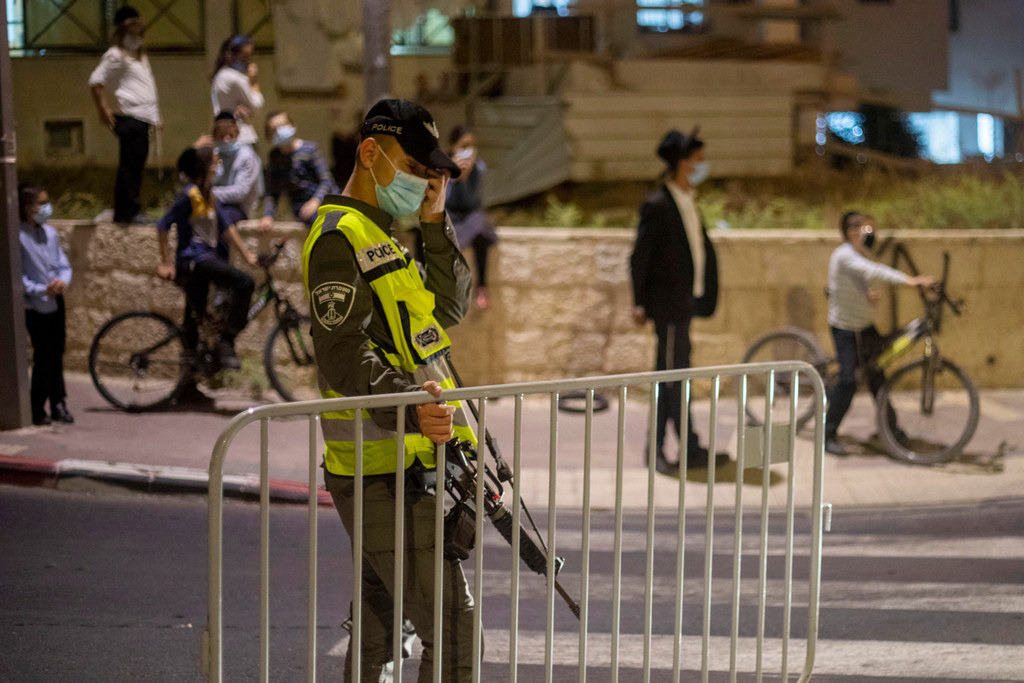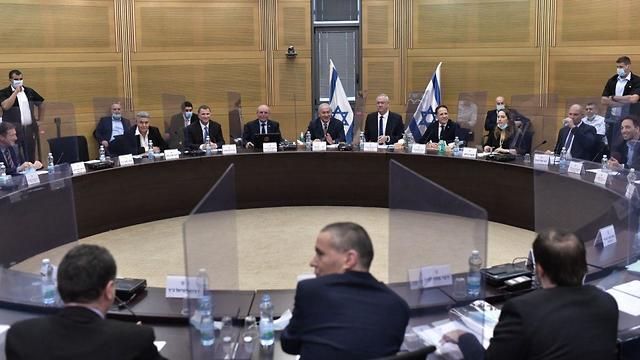The government was to hold a special session at 8:30am Thursday to discuss limiting movement during the eight-day Hanukkah holiday in order to stem the spread of the coronavirus and was expected to announce nighttime closures in predominantly Jewish communities.
After the coronavirus cabinet dropped a plan for nighttime curfews due to legal hurdles, the Health Ministry decided to examine the option of localized restrictions during Hanukkah, which begins Thursday night, and over Christmas.
Ministers from the Blue & White party have opposed the proposed restrictions.
A senior minister of unnamed political affiliation said: "There is very twisted logic in this proposal. A nighttime curfew for Jews when the infection rate is highest among the Arab community. [Prime Minister Benjamin] Netanyahu must explain this strange proposal."
The new restrictions will likely see businesses close early in certain areas, although a time has yet to be decided. The Health Ministry recommended a 5:30pm closure but Finance Minister Israel Katz was Wednesday pushing for businesses to close at 6:30 or even 7pm. The Health Ministry will also apparently permit restaurants to offer a takeaway service.
2 View gallery


A police checkpoint in Jerusalem during a coronavirus lockdown of one of its neighborhoods
(Photo: AP)
Health experts had already criticized the initial nighttime curfew as likely to be ineffective, so it was unclear whether limited curfews would have any impact on Israel's infection rates.
Prof. Eran Segal of the Weizmann Institute of Science, who advises the government on the virus, also believes a curfew will do little to help reduce morbidity.
"Instead of a curfew, we must crackdown on the social contact, illicit weddings and Hanukkah events that will be shifted from the nighttime to earlier in the day and the people who do not abide by the guidelines and who we have been unable to monitor for a long while," he said.
"The decision-makers also know [the curfew] will not work, they have been told as such. I have not seen a single analysis that claims a nighttime curfew will be highly effective."
First published: 20:06, 12.09.20


